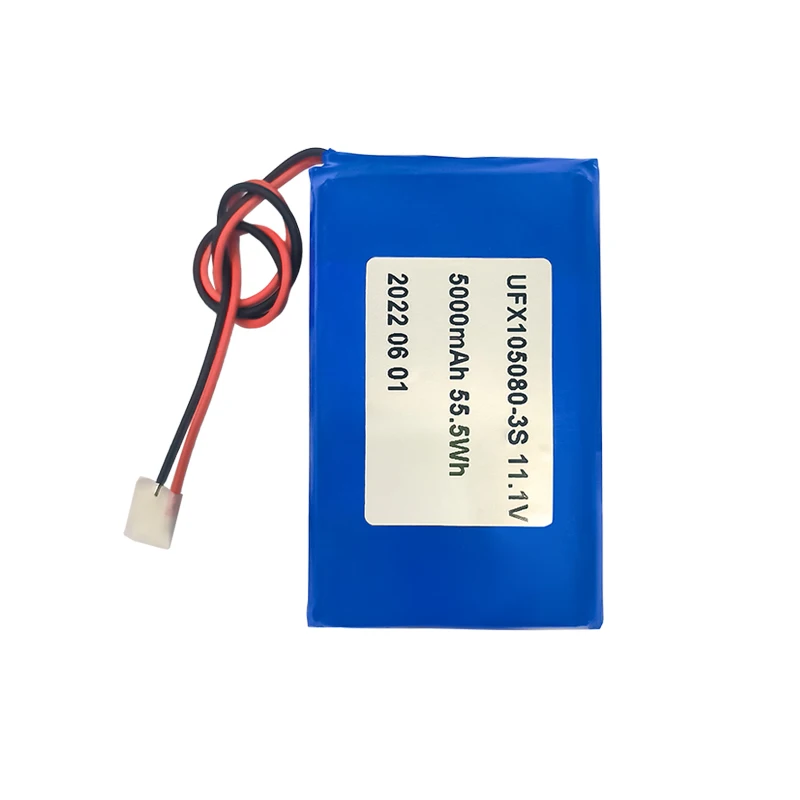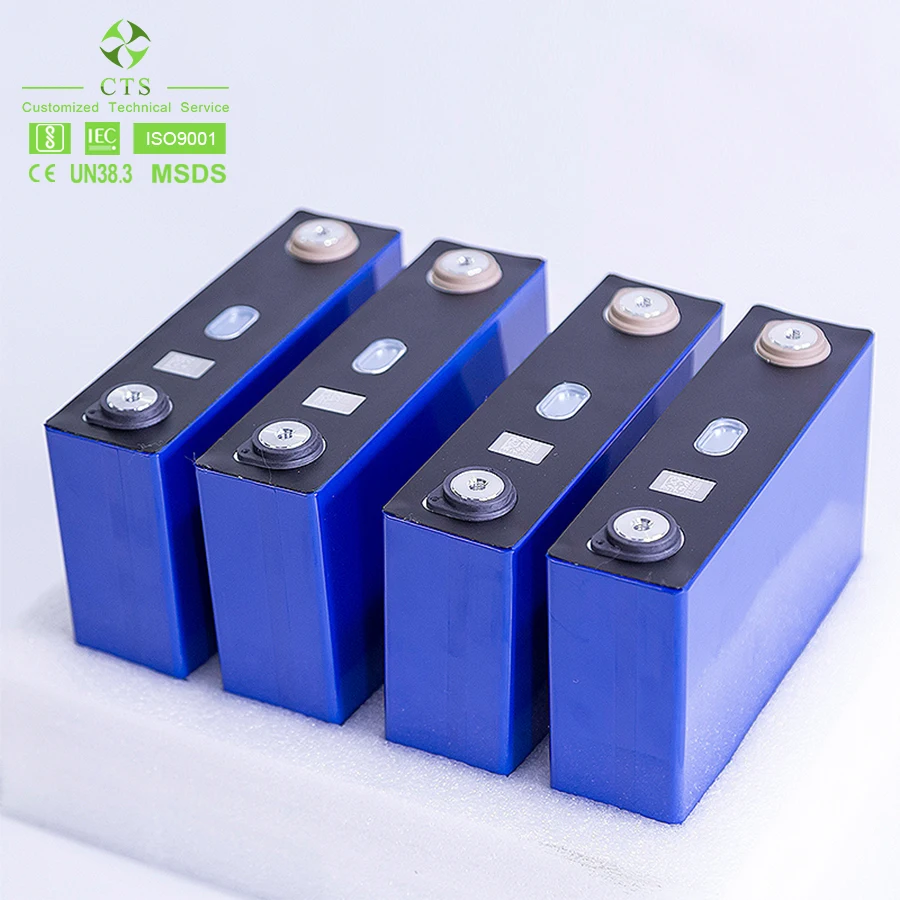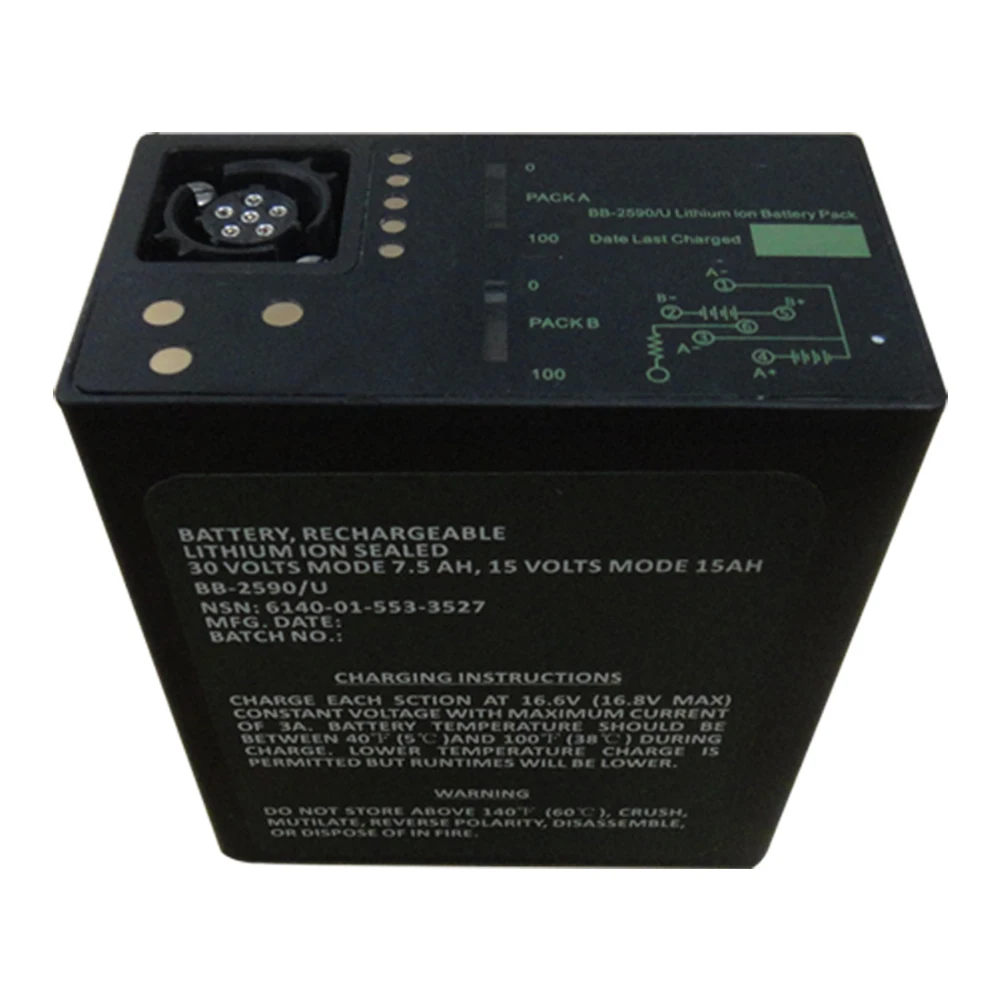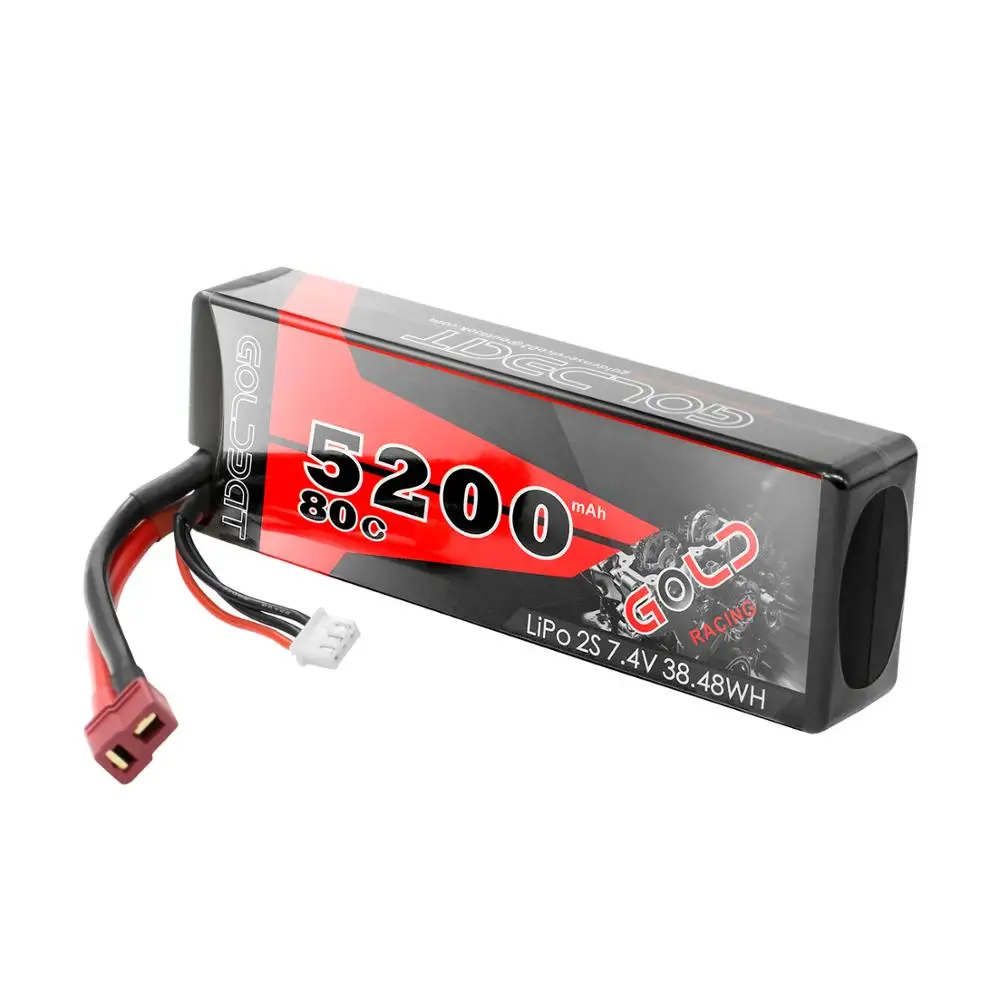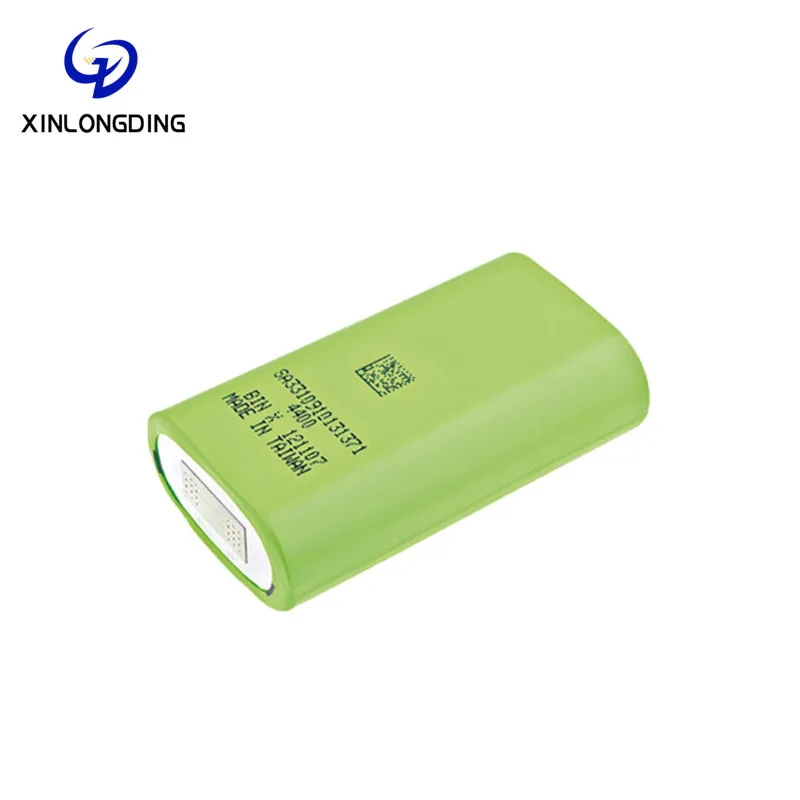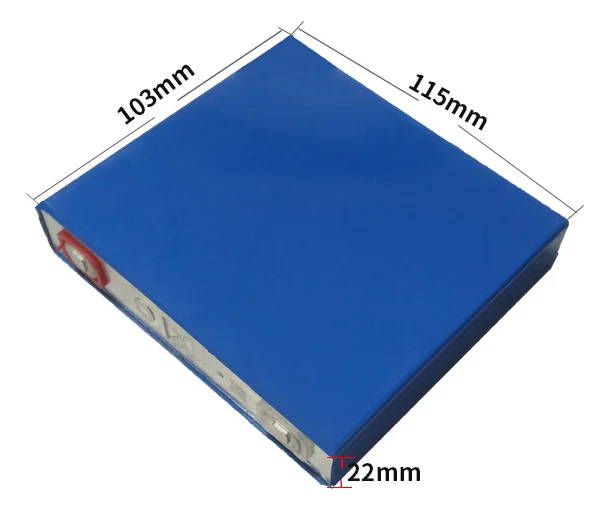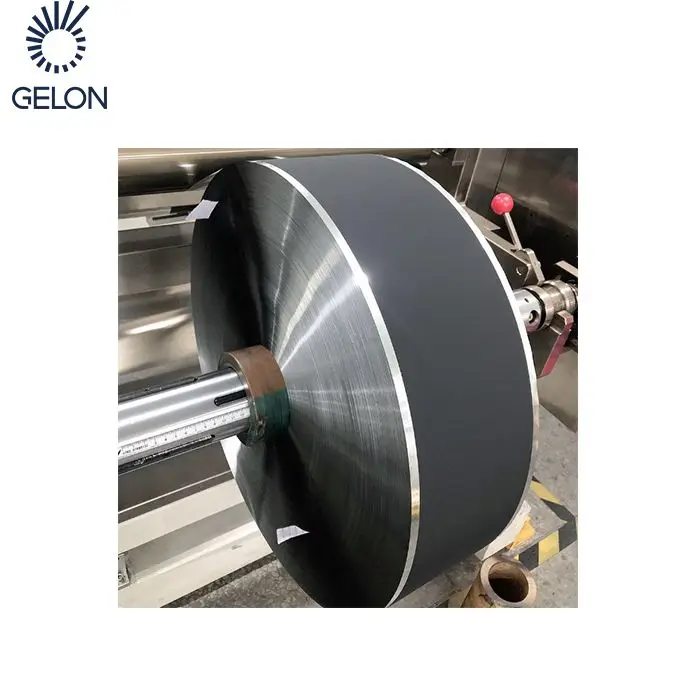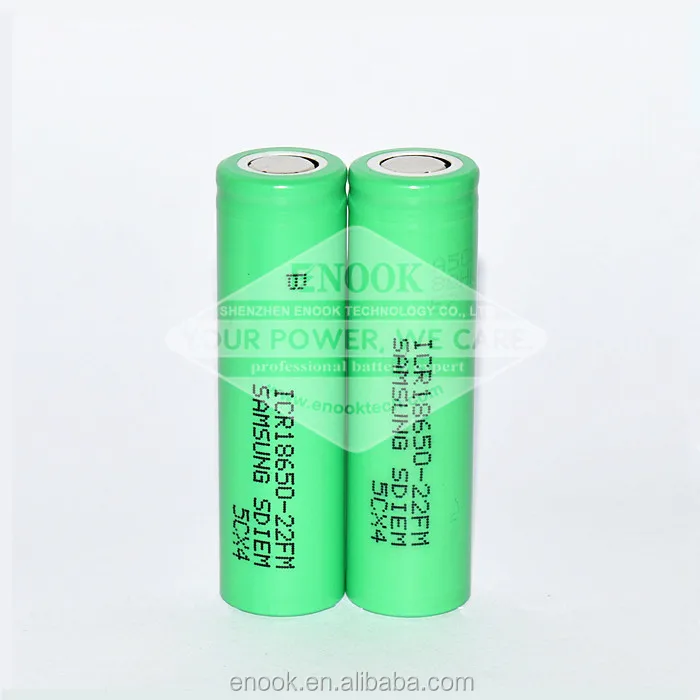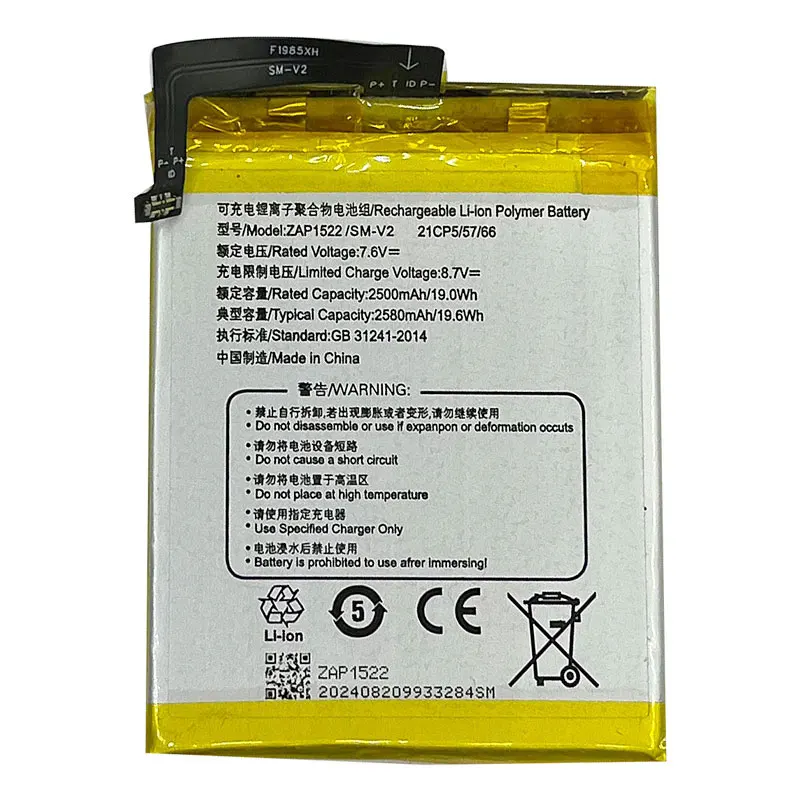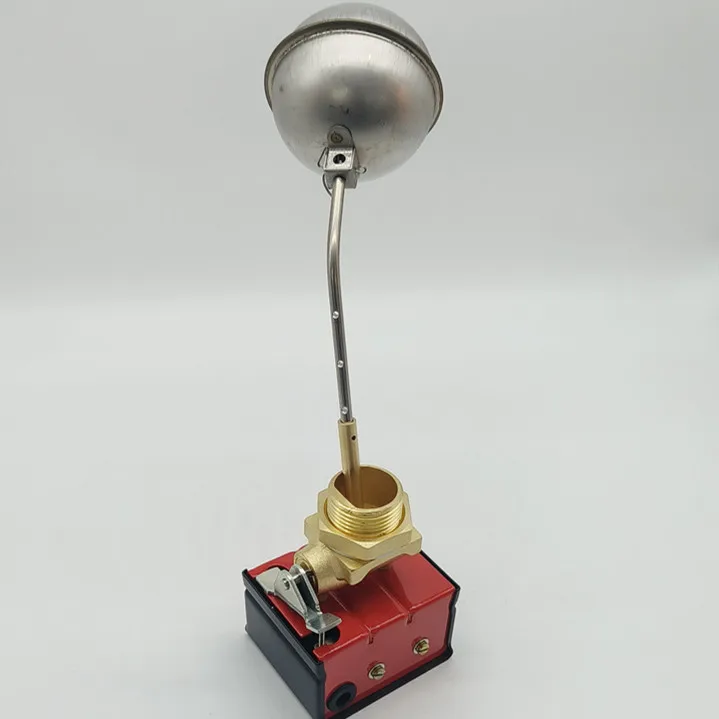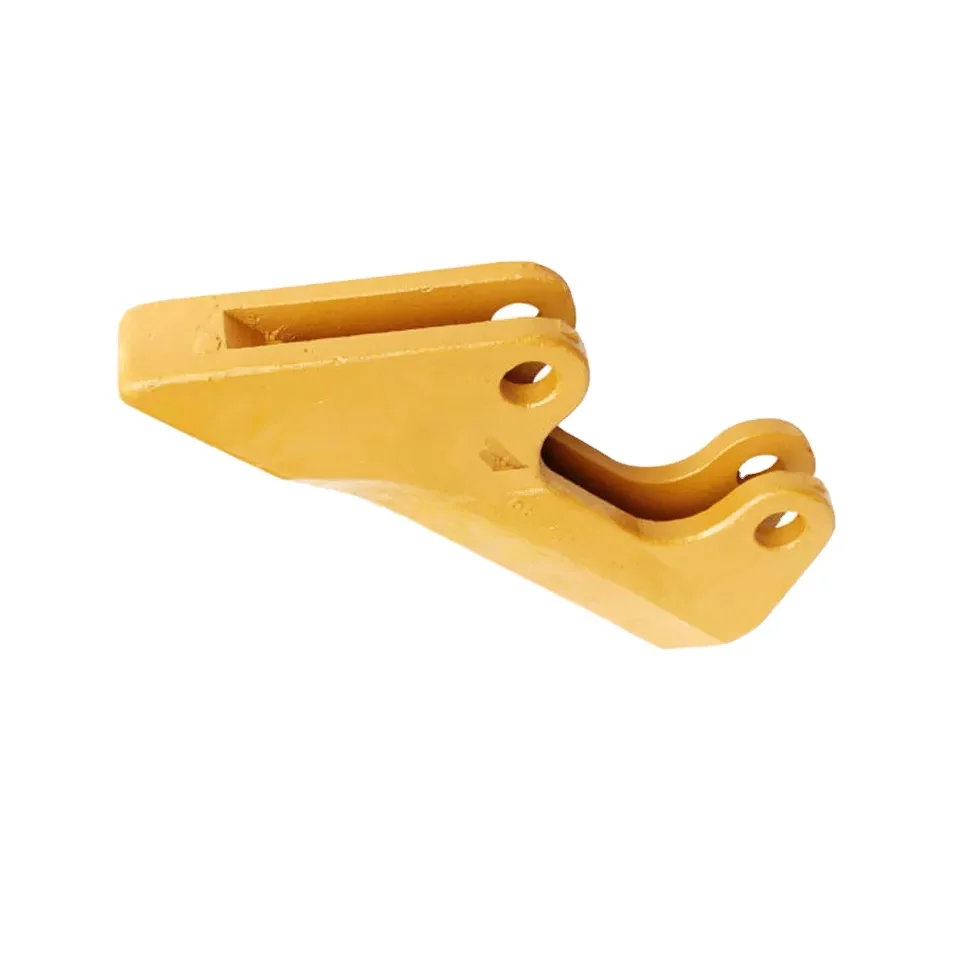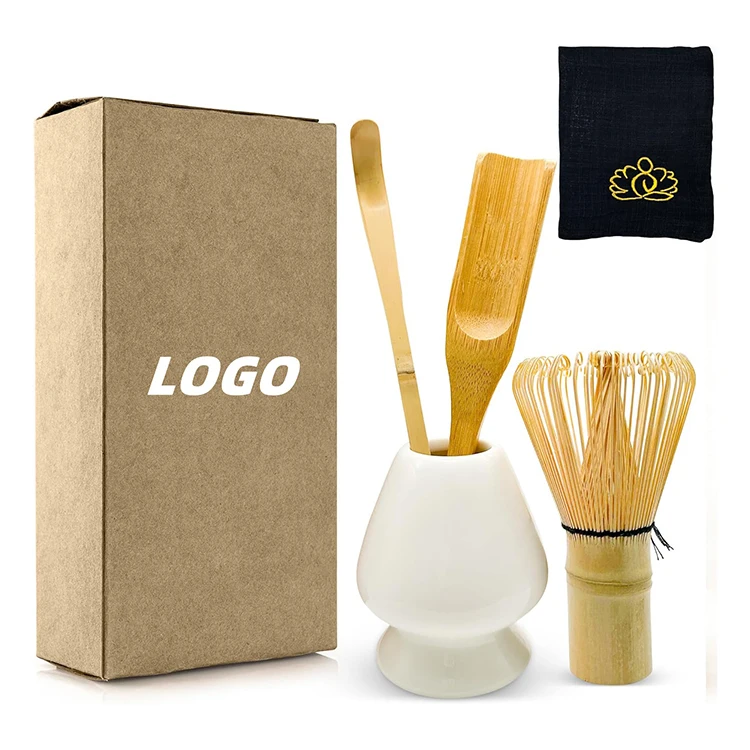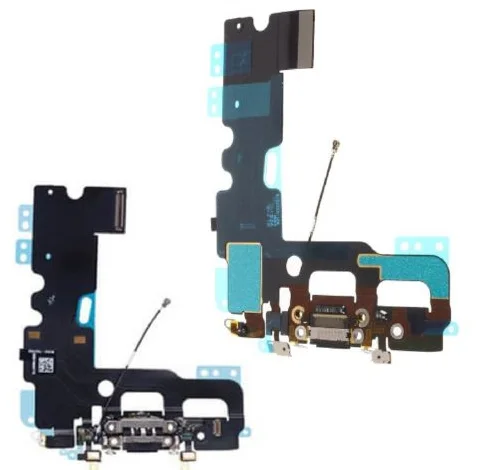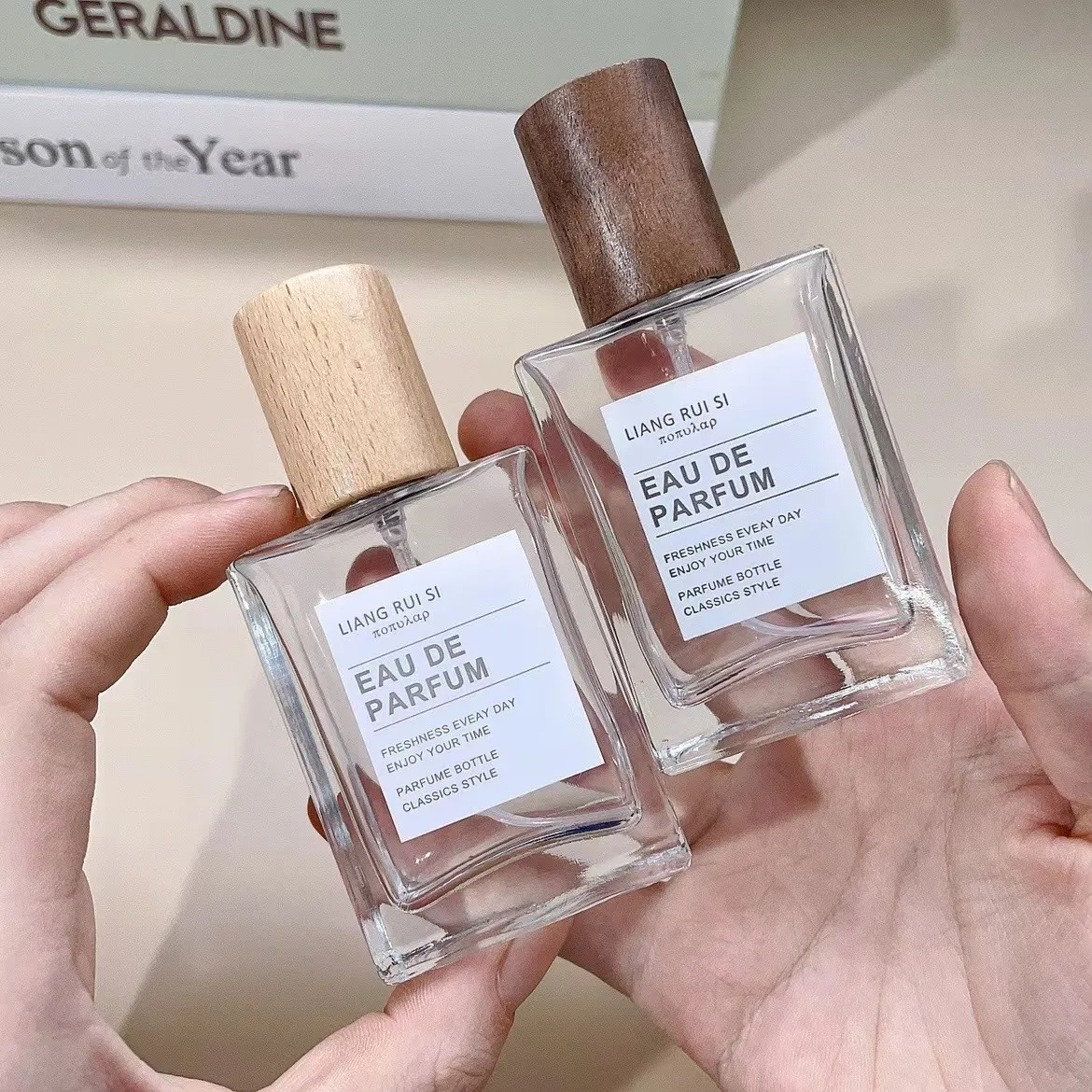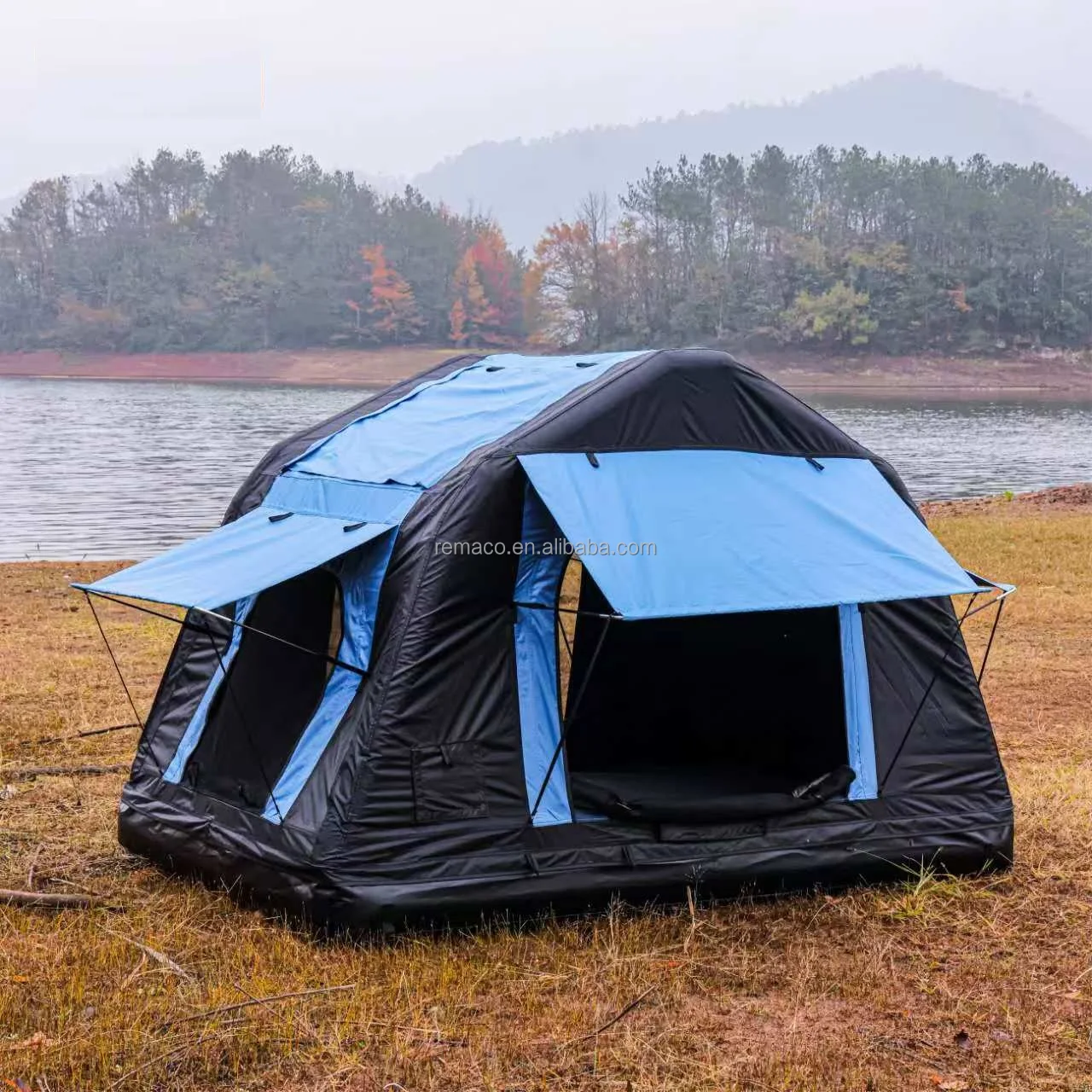Li polymer Cell Factory Professional Custom Tablet Computer Battery UFX 105080 3S 5000mAh 3.7V Li polymer Battery Pack
- Category: >>>
- Supplier: Guangdong Ufine New Energy Co. Ltd
Share on (1600788759192):
Product Overview
Description
Specification
1、Mechanical Characteristics | ||||||
Cell: | UFX105080 | PCM: | Yes | |||
NTC: | No | Weight: | appr. 280g | |||
Configuration: | 3S1P | Demension | Max 30*51*83mm | |||
2、Electrical Specification | ||||||
Capacity: | 5000mAh | Nominal Voltage: | 11.1V | |||
Energy: | 55.5Wh | Internal Impedance: | less than 160mΩ | |||
Max. Charge Voltage: | 4.2V | Discharge Cut Off: | 2.75V | |||
Max. Charge Current: | 2500mA | Max. Discharge Current: | 2500mA | |||
Standard Charge Current: | 1000mA | Standard Discharge Current: | 1000mA | |||
Charge Temp. Range: | 10°C to 45°C | Discharge Temp. Range | -20°C to 60°C | |||
Storage Temp. Range | 1 year at -20℃ to +30℃ | Cycle life: | 100 cycles ≥92% | |||
3 moths at -20℃ to +45℃ | 300 cycles ≥88% | |||||
1 month at -20℃ to +60℃ | 500 cycles ≥80% | |||||
3、Cell protection | ||||||
Overcharge Detection : | 4.25 ±30mV (0.5to 1.5sec delay, release 4.15V ±50mV) | Overdischarge Detection: | 2.7V ±80mV (50 to 150msec. delay, release 3.0V ±100mV) | |||
Overcurrent Detection: | 8A to 10A (5to 15msec. delay) | Short protection: | Yes | |||
Product Details
Ufine is a manufacturer with independent research and development and production of polymer lithium-ion batteries. With years of experience in the field of polymer lithium-ion battery solutions, We have accumulated rich technical experience. Currently,the company offers more than 300 different product models, all certified with KC, UL, CB, and other certifications.Moreover, We can quickly design and develop new products according to customer needs and arrange sample testing.
Factory Photos

Display Of Testing Equipment

Certification

FAQ
Q: What is the lifespan of a polymer lithium-ion battery?
A: Typically, the lifespan of a polymer lithium-ion battery can reach 300-500 cycles of charge and discharge.
Q: Can a polymer lithium-ion battery be overcharged?
A: No, it cannot. Overcharging can cause the chemical reactions inside the battery to become irreversible, which can damage the
battery's structure and even lead to dangerous situations such as battery explosions.
Q: Can a polymer lithium-ion battery be over-discharged?
A: No, it cannot. Over-discharging can cause the electrolyte in the battery to break down and the chemical reactions inside the
battery to become out of control, which can damage the battery's structure and even lead to dangerous situations such as battery
explosions.
Q: How should polymer lithium-ion batteries be stored?
A: Polymer lithium-ion batteries should be stored in a cool, dry, and well-ventilated place. If not in use for a long time, the
battery should be fully charged before storage, and its battery level and status should be checked regularly.
Q: Can polymer lithium-ion batteries be used at any temperature?
A: The optimum operating temperature for polymer lithium-ion batteries is 20-25℃, but they can also be used at other temperatures.
However, their performance may be affected to some extent.
Q: How should polymer lithium-ion batteries be charged correctly?
A: During charging, the original charger or a charger that meets the battery specifications should be used, and charging should be
carried out in accordance with the charging requirements specified in the battery specifications and usage manual. Typically, the
charging current for polymer lithium-ion batteries should be around 1C of the battery capacity.
Q: What safety precautions should be taken when using polymer lithium-ion batteries?
A: When using polymer lithium-ion batteries, care should be taken to avoid overcharging, over-discharging, short circuits, high
temperatures, ignition sources, and to avoid using excessively worn batteries, storing the batteries for extended periods in high
temperature or humid environments, and direct contact between the battery and other metal substances. At the same time, when using
and storing polymer lithium-ion batteries, care should be taken to operate in accordance with the battery specifications and usage
manual.
A: Typically, the lifespan of a polymer lithium-ion battery can reach 300-500 cycles of charge and discharge.
Q: Can a polymer lithium-ion battery be overcharged?
A: No, it cannot. Overcharging can cause the chemical reactions inside the battery to become irreversible, which can damage the
battery's structure and even lead to dangerous situations such as battery explosions.
Q: Can a polymer lithium-ion battery be over-discharged?
A: No, it cannot. Over-discharging can cause the electrolyte in the battery to break down and the chemical reactions inside the
battery to become out of control, which can damage the battery's structure and even lead to dangerous situations such as battery
explosions.
Q: How should polymer lithium-ion batteries be stored?
A: Polymer lithium-ion batteries should be stored in a cool, dry, and well-ventilated place. If not in use for a long time, the
battery should be fully charged before storage, and its battery level and status should be checked regularly.
Q: Can polymer lithium-ion batteries be used at any temperature?
A: The optimum operating temperature for polymer lithium-ion batteries is 20-25℃, but they can also be used at other temperatures.
However, their performance may be affected to some extent.
Q: How should polymer lithium-ion batteries be charged correctly?
A: During charging, the original charger or a charger that meets the battery specifications should be used, and charging should be
carried out in accordance with the charging requirements specified in the battery specifications and usage manual. Typically, the
charging current for polymer lithium-ion batteries should be around 1C of the battery capacity.
Q: What safety precautions should be taken when using polymer lithium-ion batteries?
A: When using polymer lithium-ion batteries, care should be taken to avoid overcharging, over-discharging, short circuits, high
temperatures, ignition sources, and to avoid using excessively worn batteries, storing the batteries for extended periods in high
temperature or humid environments, and direct contact between the battery and other metal substances. At the same time, when using
and storing polymer lithium-ion batteries, care should be taken to operate in accordance with the battery specifications and usage
manual.
We Recommend
New Arrivals
New products from manufacturers at wholesale prices
